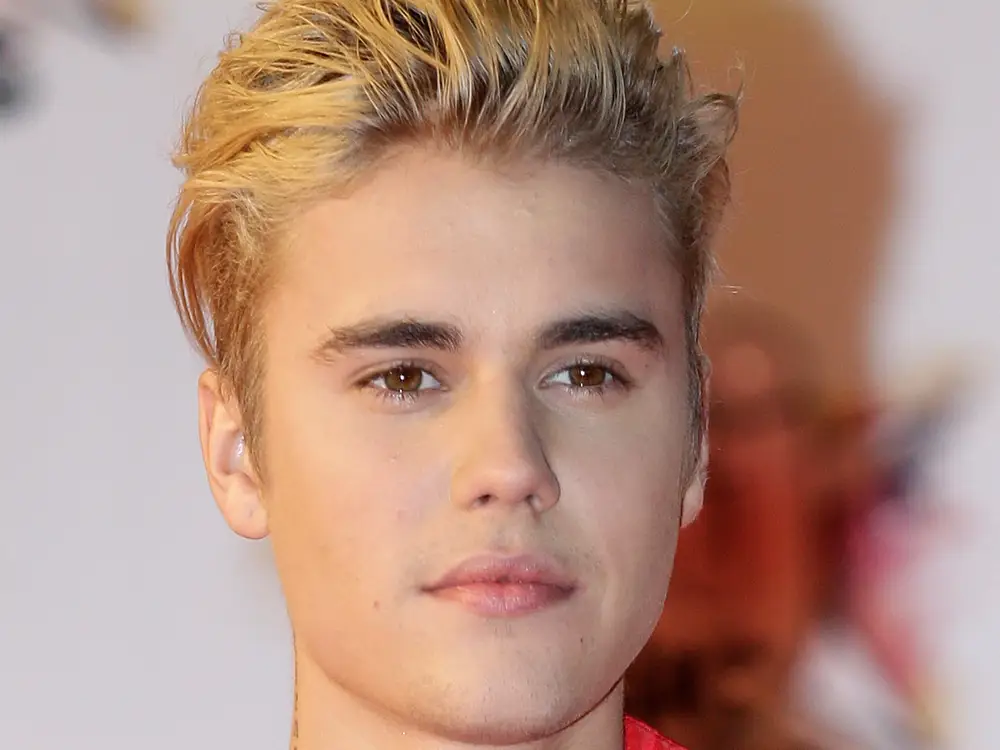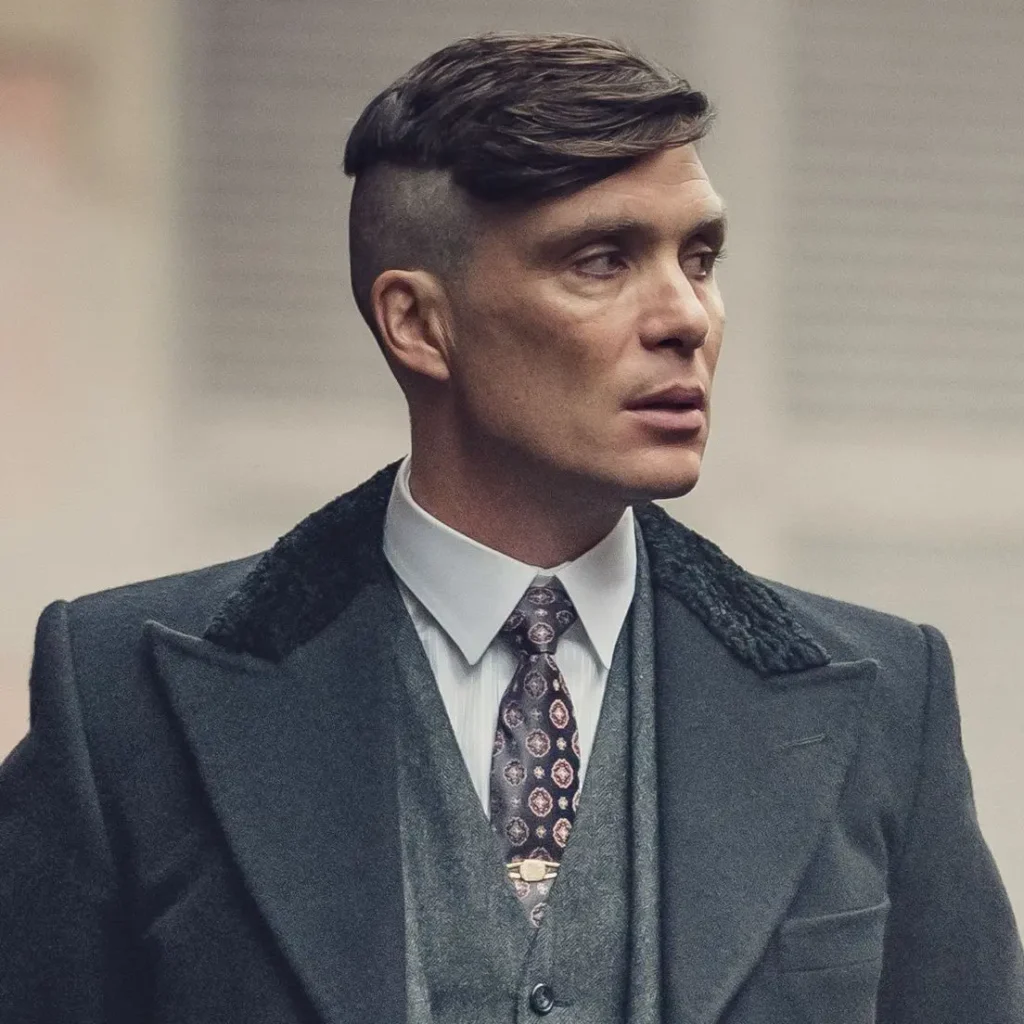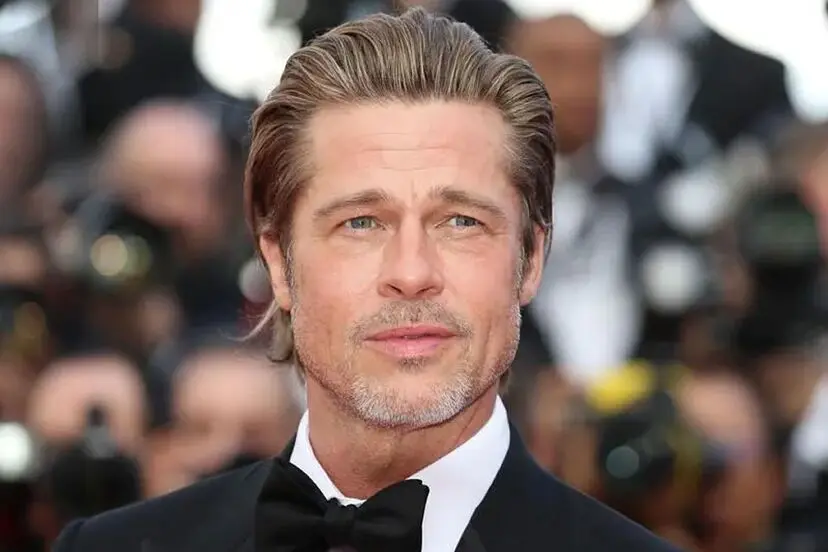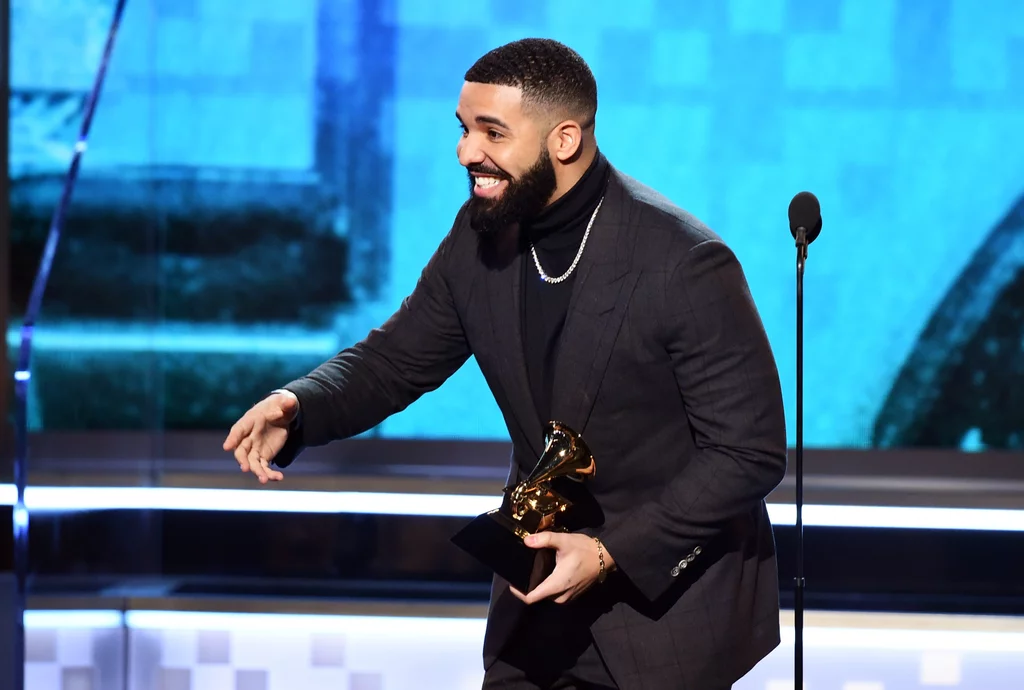Introduction:
Throughout history, hairstyles have evolved as a reflection of society’s trends, cultural influences, and individual expression. Among the vast array of hairstyles that have gained popularity over the years, one particular style that stands out is the iconic Octopus haircut. This unique and avant-garde hairstyle has captivated the fashion world and continues to intrigue people of all generations. In this article, we will explore the history and evolution of the Octopus haircut, diving into its origins, notable moments, and its lasting impact on the world of hairstyling.
I. Origins of the Octopus Haircut:
The Octopus haircut first emerged in the 1960s, during a time when societal norms and fashion trends were rapidly changing. As the counterculture movement gained momentum, unconventional and experimental hairstyles became a way for individuals to express their rebellion against the establishment. It is widely believed that it was a hairstylist named Vidal Sassoon who introduced the Octopus haircut to the world, although the exact origins and the person responsible are still a matter of debate among hairstyling enthusiasts. Nevertheless, it was during this time that the Octopus haircut began to make waves in the fashion industry.
II. Characteristics and Evolution of the Octopus Haircut:
The Octopus haircut derived its name from its distinctive resemblance to the tentacles of an octopus, with numerous fringes and layers cascading down from the crown of the head. This unconventional hairstyle challenged the traditional notions of hair styling, as it required unique cutting techniques and a willingness to embrace asymmetry. The layers were often unevenly distributed, giving the impression of movement and a sense of flowing tendrils.
Over the following decades, the Octopus haircut continued to evolve and adapt to changing fashion sensibilities. By the 1970s, as disco culture took center stage, an alternative version of the Octopus haircut emerged. It featured longer, voluminous layers combined with vibrant colors and additional accessories such as ribbons or beads, further amplifying its eccentricity. During the grunge era of the 1990s, the haircut transformed once again, adopting a more tousled and anarchic appearance, with rebellious spikes and untamed locks becoming the norm.
Today, the Octopus haircut remains popular among those seeking an individualistic and daring look. Modern interpretations often incorporate elements from past fashion movements, resulting in a fusion of styles that encapsulates the hairstyle’s rich history.
III. Notable Moments in Octopus Haircut History:
Throughout its existence, the Octopus haircut has not only influenced the fashion industry but has also left an indelible mark in popular culture. Its distinctive appearance has been spotted on numerous celebrities, musicians, and even fictional characters, further solidifying its iconic status. Let’s delve into some notable moments where the haircut took center stage:
1. Iconic Stars:
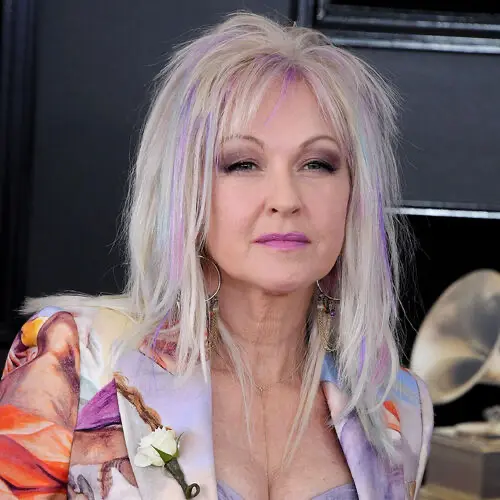
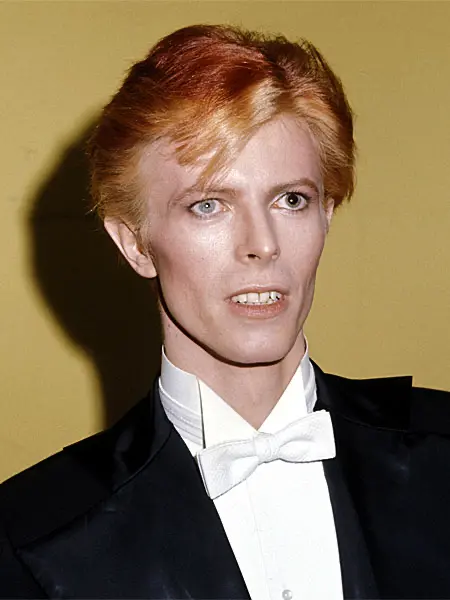
Many music legends, such as David Bowie, Grace Jones, and Cyndi Lauper, have been known to sport the Octopus haircut, using it as an extension of their unique artistic expression. Their influence and bold choices helped solidify the haircut as a symbol of creative freedom and boundary-pushing fashion.
2. Runway Impact:
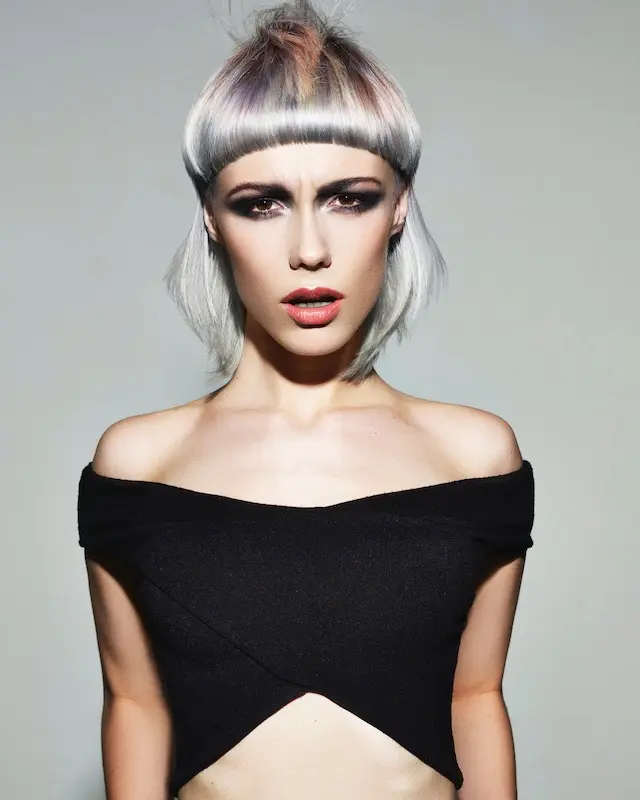
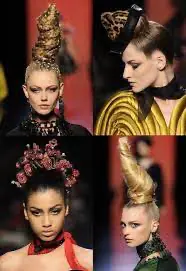
Fashion designers have also embraced the Octopus haircut on the runway, integrating this avant-garde style into their models’ looks. Designers like Alexander McQueen and Jean Paul Gaultier have incorporated the haircut into their collections, creating awe-inspiring visuals that captivated audiences worldwide.
3. Cinematic Appeal:
Notable films have showcased the Octopus haircut, often using it to convey characters’ rebellious nature or alternative lifestyles. Embracing this bold hairstyle, movies like “Blade Runner” and “The Fifth Element” exemplified the Octopus cut’s futuristic and unconventional allure.
IV. FAQs (Frequently Asked Questions):
1. Is the Octopus haircut suitable for all hair types and face shapes?
The haircut can be adapted to suit various hair types and face shapes. However, it is essential to consult with a professional hairstylist who can provide personalized advice to ensure the best outcome based on individual attributes.
2. How can I maintain and style my Octopus haircut?
Maintaining an Octopus haircut requires regular trims to maintain its shape and prevent the layers from becoming unruly. Styling products such as texturizing sprays or mousses can enhance the desired volume and movement.
3. Can I dye my hair in vibrant colors with an Octopus haircut?
Absolutely! Experimenting with vibrant hair colors, like neon or pastel hues, can amplify the avant-garde nature of the haircut. However, it is important to seek professional advice to ensure the health of your hair during the coloring process.
4. Are there variations of the Octopus haircut for more conservative settings?
For more conservative settings, a toned-down version of the haircut can be achieved by incorporating fewer layers or opting for a less radical distribution. This allows for a more subtle interpretation while still retaining the essence of the hairstyle.
Conclusion:
The evolution of the Octopus haircut has witnessed its impact on the fashion industry, popular culture, and individual self-expression. From its unconventional beginnings in the 1960s to its presence on runways and beyond, this iconic hairstyle continues to captivate those seeking to break free from societal norms and embrace their own unique style. With its ever-changing adaptations and widespread fascination, there is no doubt that the haircut will remain an enduring symbol of artistic expression and statement-making hairstyles for years to come.
